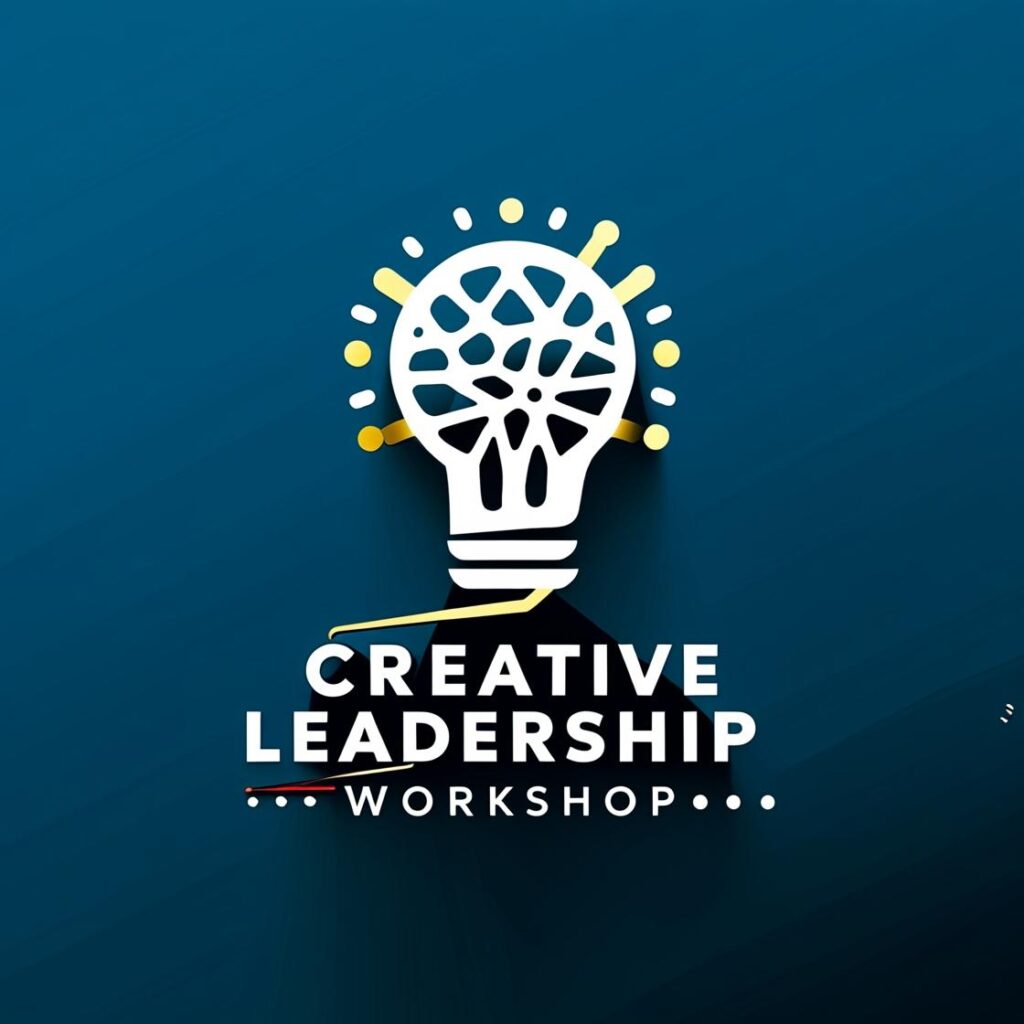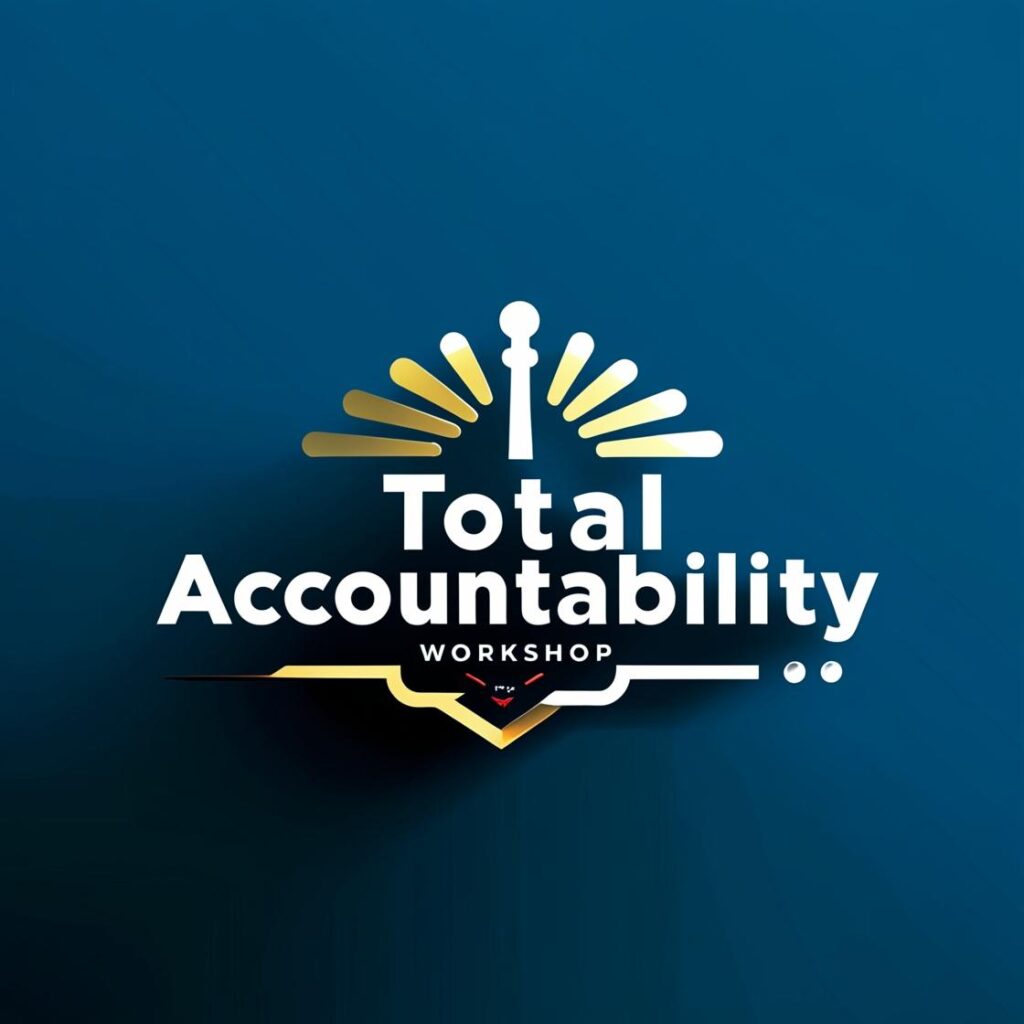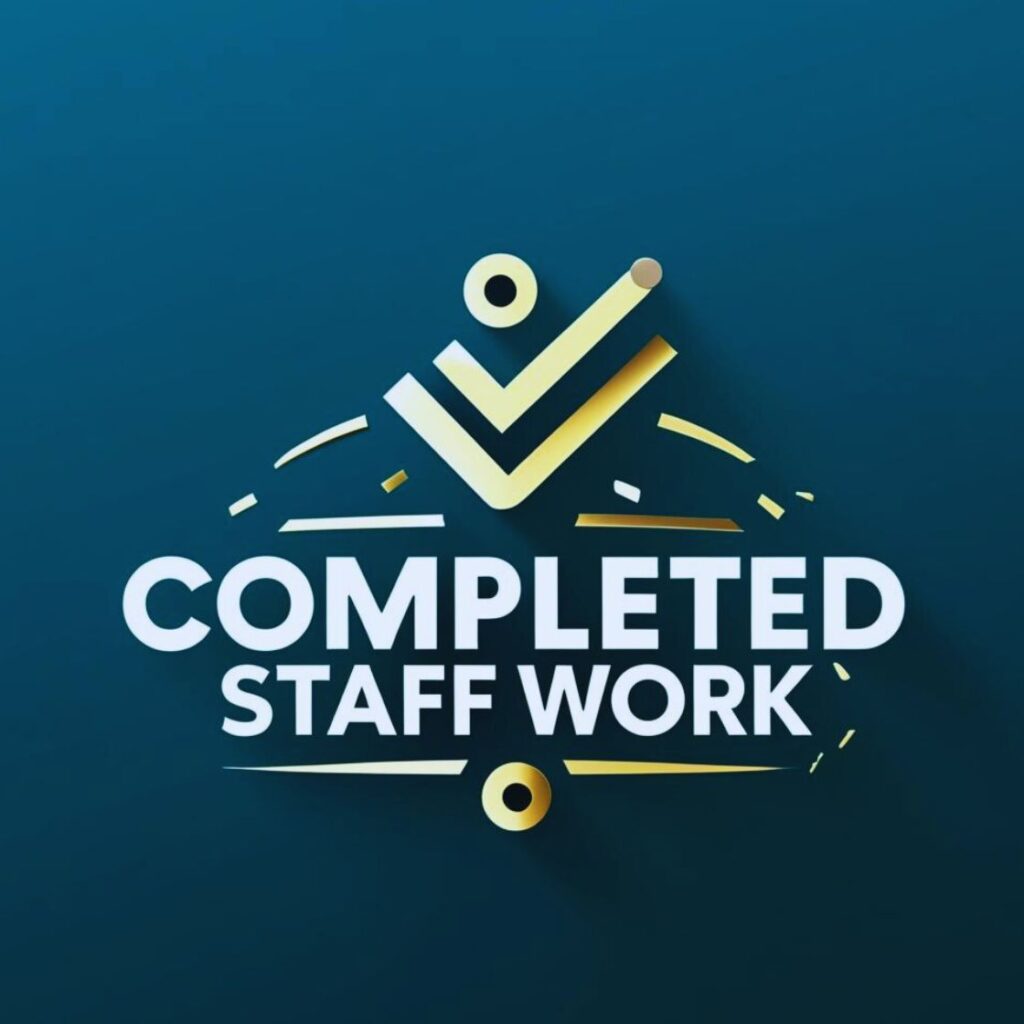You want to lead.
You want to inspire your team, build a culture of trust, and achieve real results. You’ve seen leaders who make it look easy—everything they touch seems to turn to gold. You wonder, “What are they doing that I’m not?”
It’s not that you’re not trying.
You’re reading the right books, attending leadership seminars, even practicing motivational speeches in front of the mirror. But still, something feels off. Maybe it’s the disconnect with your team, the constant pressure to perform, or the feeling that you’re fighting fires every day, and not actually leading.
Here’s the hard truth:
Leadership isn’t about doing more. It’s about doing the right things.
The Gap Between You and Great Leadership
Most professionals face this same gap: they want to lead effectively, but they don’t know where to start. They get stuck in “management mode”—delegating tasks, solving problems, giving directions—but they miss the bigger picture. They miss the skills that turn a manager into a leader.
Without these skills, you might get stuck in a cycle of mediocrity—your team performs, but they never exceed expectations. Projects are completed, but innovation is absent. You’ll feel the weight of burnout because you’re doing it all yourself, instead of empowering your team to take ownership.
What are leadership skills?
Leadership skills are specific abilities and knowledge sets that allow you to guide, motivate, and collaborate with others effectively. These range from decision-making abilities, communication strategies, to conflict resolution techniques, enabling you to lead your team toward achieving common goals.
Understanding Effective Leadership
True leadership transcends mere management. It’s about navigating a team to success, establishing trust, fostering a positive work environment, and promoting both personal and professional growth among team members.
The Importance of Leadership Skills
A leader’s foundation is built on these vital skills. Think of them as the toolkit that prepares leaders to face challenges, motivate their teams, and craft a vision for success.
Throughout my journey, I’ve encountered numerous leaders. Many possess some or even all of these 28 skills. My mission has been to share these insights, aiming to educate and inspire. Join me in this endeavor to enrich our leadership capacities.

Great leadership isn’t an event—it’s a habit. Get actionable leadership habits every Monday and Thursday.
Accountability
Accountability means taking responsibility for your actions and decisions. It’s important because when leaders are accountable, it builds trust and reliability within the team. It shows that they are committed to doing the right thing, even when it’s difficult.
So, what can you do to be more accountable? Start by owning up to your mistakes and learning from them. Encourage your team to do the same.
Action-Orientation
Being action-oriented means focusing on getting things done. This is crucial because it keeps the team dynamic and productive, allowing you to seize opportunities and tackle challenges quickly.
To become more action-oriented, start by setting clear goals and priorities. Make decisions swiftly and don’t be afraid to take risks. By driving initiatives forward, you’ll inspire your team to be more proactive and achieve better results.
Approachability
Approachability is about being open and easy to talk to. It’s important because it encourages open communication and feedback, creating a positive and inclusive work environment.
To be more approachable, make an effort to be available and listen to your team. Show genuine interest in their concerns and ideas. By being approachable, you’ll build strong relationships and trust, fostering better collaboration and problem-solving.
Boss Relationships
Managing relationships with your superiors effectively is key. It matters because understanding their expectations and communicating well can significantly impact your career advancement and alignment with organizational goals.
To improve these relationships, focus on clear and consistent communication. Understand their priorities and find ways to support them. This will enhance your support from higher management and improve your chances of career growth.

Business Acumen
Business acumen is understanding how businesses work. This knowledge is vital because it enables leaders to make informed decisions and develop successful strategies.
To improve your business acumen, stay informed about industry trends and financial principles. Engage in strategic planning and seek opportunities to learn more about your business. This will enhance your ability to lead effectively and improve organizational performance.
Career Management
Career management involves planning and taking control of your career path. It’s essential because setting goals and seeking growth opportunities leads to long-term success and satisfaction.
To manage your career effectively, regularly assess your goals and progress. Seek feedback and new challenges to keep learning and advancing. This proactive approach will help you achieve your career aspirations and remain motivated.
Caring for Direct Reports
Showing genuine concern for your team’s well-being is crucial. It matters because when leaders care, it boosts team morale and loyalty, leading to higher productivity and a positive work environment.
To demonstrate care, support your team’s personal and professional growth. Be there for them in times of need and recognize their achievements. This approach will make your team feel valued and respected, enhancing their performance.
Command Skills
Taking charge and leading with authority is what command skills are about. It’s important because it instills confidence in the team and ensures effective and timely decision-making, especially in critical situations.
To develop command skills, practice making tough decisions confidently. Communicate your vision clearly and stand by your choices. This will build respect and trust within your team, leading to successful outcomes.

Conflict Management
Conflict management involves addressing and resolving disputes constructively. It’s vital because reducing workplace tensions improves relationships and fosters a positive environment.
To handle conflicts better, listen to all sides and find common ground. Encourage open dialogue and be fair in your resolutions. This approach will enhance team collaboration and productivity.
Creativity
Creativity is about thinking outside the box. It’s essential because it drives innovation and helps solve problems more effectively, keeping the organization adaptable to change.
To boost creativity, encourage new ideas and experiment with different approaches. Create a supportive environment where creativity can thrive. This will lead to innovative solutions and a competitive advantage.
Customer-focus
Customer-focus means prioritizing the needs and satisfaction of customers. It’s crucial because it builds loyalty and trust, leading to increased sales and a strong reputation.
To enhance customer-focus, always listen to your customers and address their needs promptly. Seek feedback and continuously improve your products or services. This will ensure long-term success and customer satisfaction.
Decision Making
Decision making involves choosing the best course of action. It’s important because timely and confident decisions build trust and ensure effective problem-solving.
To improve decision making, gather relevant information and consider different perspectives. Be decisive and stand by your choices. This will lead to better outcomes and a more confident team.
Delegation
Delegation is assigning tasks to leverage team skills. It’s vital because it increases efficiency and empowers team members, fostering their growth and improving performance.
To delegate effectively, identify tasks that can be handled by others and trust them to do it well. Provide guidance and support where needed. This approach will help you manage your workload and develop your team.
Dealing with Paradox
Handling contradictions and opposing demands effectively is what dealing with paradox is about. It’s crucial because it enhances adaptability and strategic thinking, leading to balanced solutions.
To manage paradoxes, stay open-minded and flexible. Embrace complexity and seek creative solutions. This will help you navigate challenging environments successfully.
Drive for Results
A drive for results means being determined to achieve goals. It’s important because it ensures high productivity and motivates the team to strive for excellence.
To cultivate a drive for results, set clear targets and focus on outcomes. Encourage your team to push their limits and recognize their achievements. This will lead to continuous improvement and success.
Humor
Using humor to create a positive atmosphere is key. It matters because it reduces stress, enhances morale, and strengthens team bonds, making the work environment enjoyable.
To incorporate humor, be light-hearted and share a laugh with your team. Use humor to defuse tension and build connections. This approach will make your workplace more engaging and productive.
Innovation
Innovation is about introducing new ideas and methods. It’s essential because it keeps the organization competitive and forward-thinking, leading to breakthrough advancements.
To foster innovation, create an environment where creativity is encouraged. Support experimentation and learn from failures. This will drive continuous improvement and keep your organization ahead.
Integrity
Integrity means being honest and having strong moral principles. It’s vital because it promotes a culture of honesty and ethical behavior, ensuring long-term success.
To demonstrate integrity, always act with honesty and transparency. Lead by example and uphold ethical standards. This will build trust and a solid reputation for your organization.
Interpersonal Savvy
Understanding and effectively interacting with others is what interpersonal savvy is about. It’s important because it enhances teamwork and communication, leading to effective collaboration.
To improve interpersonal savvy, be empathetic and listen actively. Build strong relationships and address conflicts diplomatically. This will create a harmonious and productive team environment.
Learning on the Fly
Learning on the fly means quickly adapting and learning in new situations. It’s crucial because it keeps the organization agile and responsive to changes.
To develop this skill, stay curious and open to new experiences. Embrace challenges as learning opportunities. This will help you overcome obstacles and seize opportunities swiftly.
Listening
Listening involves paying attention and understanding others. It’s essential because it builds trust, respect, and leads to better problem-solving and decision-making.
To become a better listener, focus on the speaker and avoid interrupting. Show that you value their input. This will foster open communication and stronger relationships within your team.

Managerial Courage
Managerial courage is the willingness to take bold actions and address difficult issues. It’s important because it ensures timely resolution of problems and builds respect.
To demonstrate managerial courage, tackle challenges head-on and make tough decisions when necessary. Stand by your actions and maintain integrity. This will inspire confidence and trust in your leadership.
Managing Diversity
Managing diversity involves recognizing and valuing team differences. It’s vital because it enhances creativity, innovation, and creates an inclusive work environment.
To manage diversity effectively, embrace different perspectives and promote inclusivity. Encourage diverse teams and fair practices. This will lead to a more dynamic and successful organization.
Motivating Others
Motivating others means inspiring and encouraging your team. It’s crucial because it increases productivity and job satisfaction, creating a positive work environment.
To motivate your team, recognize their efforts and provide meaningful feedback. Set challenging but achievable goals. This will keep them engaged and committed to their work.
Negotiating
Negotiating involves reaching agreements through discussion and compromise. It’s important because it resolves conflicts and secures favorable outcomes.
To become a better negotiator, listen actively and seek win-win solutions. Be clear about your goals and flexible in your approach. This will lead to fair agreements and strong relationships.
Presentation Skills
Presentation skills are about communicating ideas effectively. It’s essential because skilled presenters engage and inform their audience, building confidence and credibility.
To improve your presentation skills, practice regularly and focus on clear messaging. Use visual aids and connect with your audience. This will enhance your ability to persuade and influence.
Problem-Solving Skills
Problem-solving skills involve identifying issues and finding solutions. It’s important because efficient problem-solving ensures challenges are addressed promptly, improving team performance.
To enhance problem-solving skills, analyze problems thoroughly and think creatively. Encourage team input and explore different solutions. This approach will lead to effective and innovative outcomes.
Strategic Mindset
A strategic mindset is about thinking ahead and planning for the future. It’s crucial because it ensures sustainable success and helps navigate uncertainties.
To develop a strategic mindset, set long-term goals and stay informed about industry trends. Align your team with the organization’s vision. This will guide your team towards achieving future success.
Explore the Strategic Mindset Workshop to learn how to think and play big.




